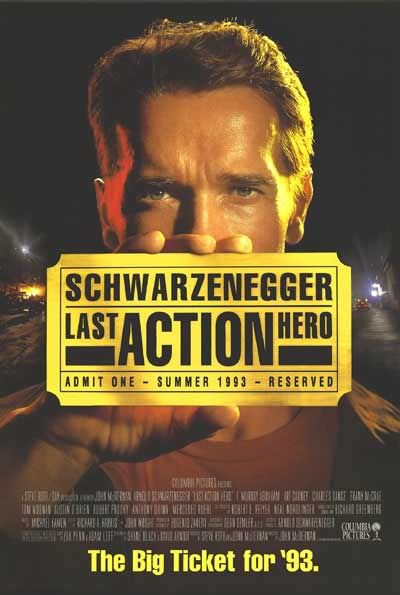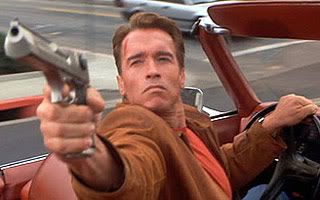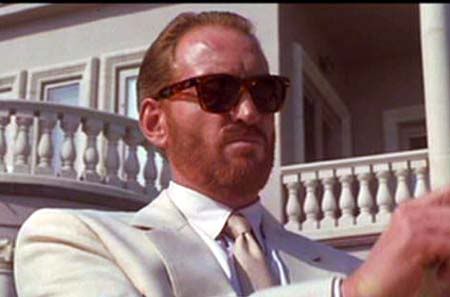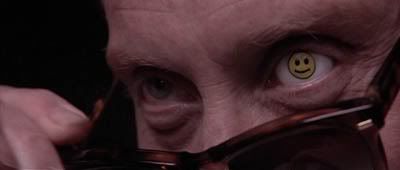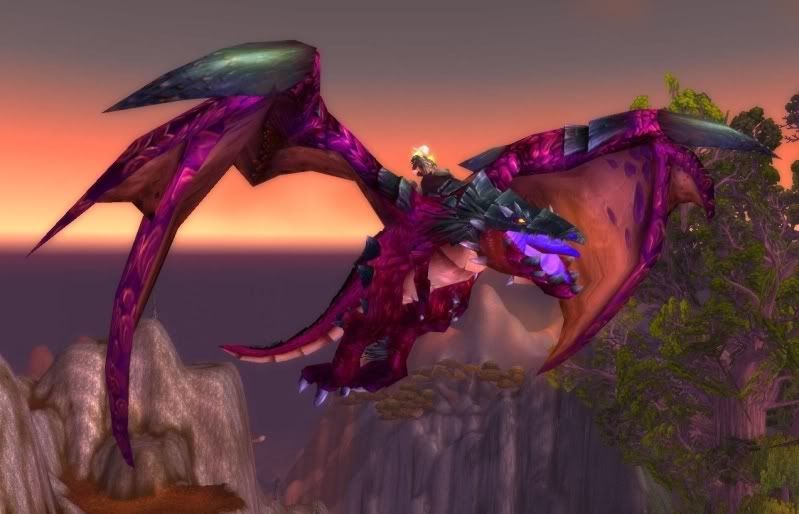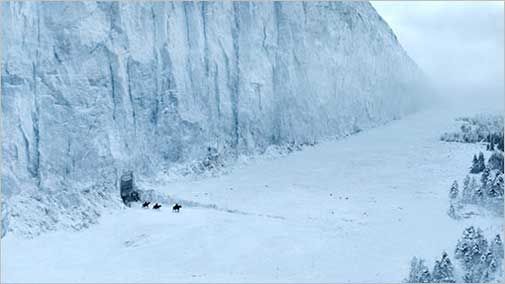
The Game of Thrones is now showing on HBO. The production and promotion of this series has been fantastic, but not everyone tuning in may be familiar with the series of books upon which it is based. A Song of Ice and Fire, currently spanning four expansive novels, introduced us to the world of Westeros and provides a plethora of extensive information. Presented here is a bit of that information to help newcomers to this lush and living world get and keep their bearings. All information is presented free of spoilers and describe the circumstances at the beginning of the series…
The Wall was built some 8000 years ago, at the end of the Long Night when the Others and wildlings menaced the land of Westeros. Brandon the Builder laid the foundations along the heights anywhere he could. The result was a wall 800 leagues in length. Over the years it’s grown to 300 feet in height and enough width for several mounted knights to ride abreast in comfort. The men responsible for its growth are the same men tasked with guarding it and the realms to the south of it: the men of the Night’s Watch.
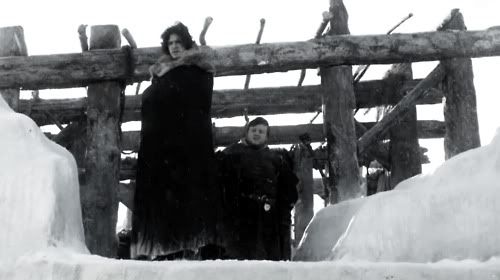
Two of the newest Brothers of the Night’s Watch – Jon Snow & Samwell Tarly
There was a time when the entire realm considered membership in the Night’s Watch a high honor, and accorded any Brother wearing the black every courtesy and comfort. However, times have changed. Now, taking the black is an alternative to punitive punishment for any number of crimes, as well as a means for those facing the machinations of cannier or more ruthless family members to escape and live just a little bit longer. What was once an elite brotherhood of dedicated, noble defenders is now largely composed of thieves, rapists, murders, cravens and ill-tongued schemers nearly hung by their own ropes.
Still, the core of the Night’s Watch remains noble and steadfast. Men of the North still hold the Watch in high regard, with lesser sons of noble houses taking the black out of obligation, duty or a sense of honor rather than as an alternative to losing body parts. A wise Lord Commander looks to these noble Brothers to assist in training new recruits and impressing upon them the nature of the oaths they will take, oaths that will change and ultimately end their lives.
The Night’s Watch is divided into three distinct paths. Rangers scout north of the Wall and are the martial arm of the Watch. Builders maintain the Wall and its various strongholds, from the Shadow Tower to Eastwatch-by-the-Sea. Stewards tend to the menial tasks of the Watch to keep it running and serve Brothers of higher rank when asked. All of them are necessary for the Watch to be maintained, especially as its numbers dwindle.
The oath that every Brother takes, from the basest criminal to the most noble sworn knight, is as follows:
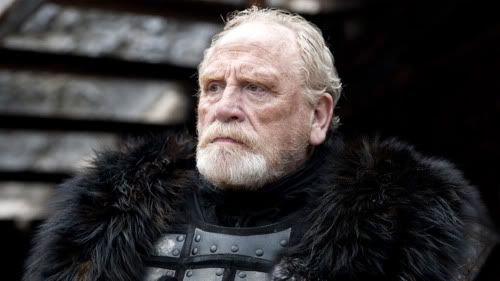
Lord Commander Jeor Mormont, “The Old Bear”.
Night gathers, and now my watch begins.
It shall not end until my death.I shall take no wife,
hold no lands,
father no children.I shall wear no crowns
and win no glory.I shall live and die at my post.
I am the sword in the darkness.
I am the watcher on the walls.I am the fire that burns against cold,
the light that brings the dawn,
the horn that wakes the sleepers,
the shield that guards the realms of men.I pledge my life and honor to the Night’s Watch,
for this night and all the nights to come.
If you would like to know more, please consult the official HBO viewer’s guide or the Wiki of Ice and Fire (beware of spoilers). Also, if you find anything amiss or incorrect in these guides, please inform me.



